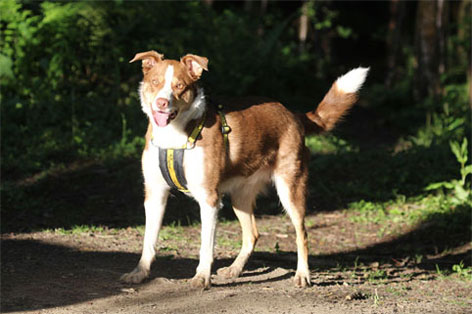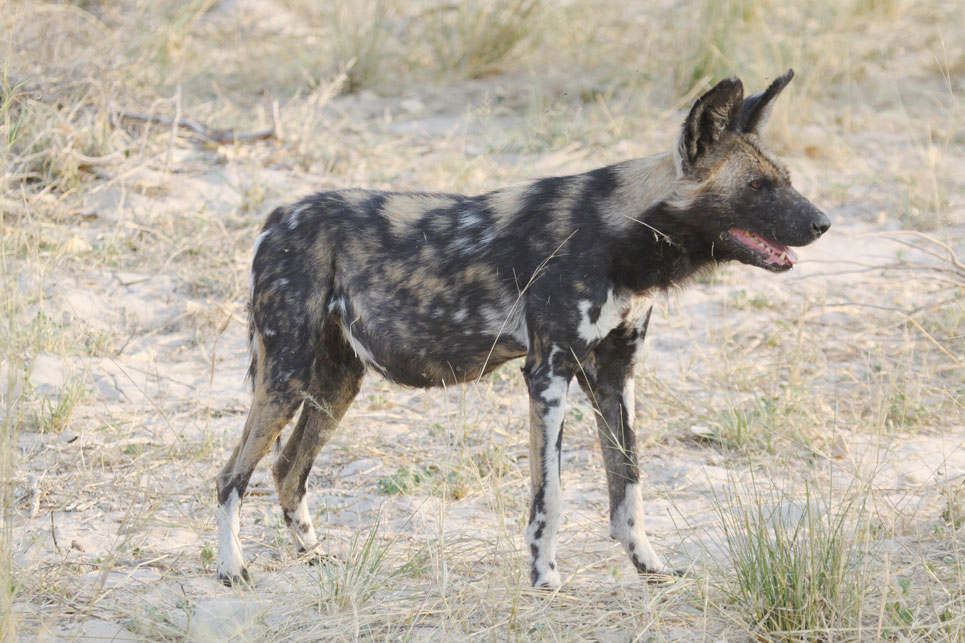Conservation
There was a time when I would have insisted that just by travelling to a country to look for wildlife, visitors were making an important statement regarding the need to conserve the wildlife of that region and that every visit was playing a vital role in the conservation process. While this remains the case to some extent, I no longer believe that it is enough to simply want to see beautiful animals and that both travellers and travel operators have a responsibility to help protect the precious environments they are either visiting or working within. Travellers should be looking for ethical companies who are making a real difference to the lives of the animals and people where they work and the operators themselves should be making an active contribution to the conservation of the habitats and animals they are profiting from.
In these troubled times, unless you are part of the solution you are actually part of the problem and it is no longer possible to separate local communities and the wildlife that we expect these communities, many of which are desperately poor, to protect. At a time when the future of so many species hangs in the balance, it is essential that local people actively benefit from the conservation of the wildlife they are being asked to preserve and that they realise, in the long-term at least, that these disappearing animals are actually worth far more alive than dead. Whilst these partnerships with indigenous communities often remain fragile and open to abuse, I am well aware of several examples where local guides have been showing tourists animals during the day and then poachers where to kill those same animals at night, it is simply not realistic to expect often deprived people to care about wildlife when they are unable to feed or educate their own children. Despite the inevitable difficulties, these partnerships are very much the future of conservation and I always try to ensure that I only use local operators in whatever country I visit. It is important that my tours generate jobs and income for local people and that these people are aware that they also have a responsibility in the areas in which they live and that future generations will depend on the resources now in their care, both in terms of wildlife and habitat.
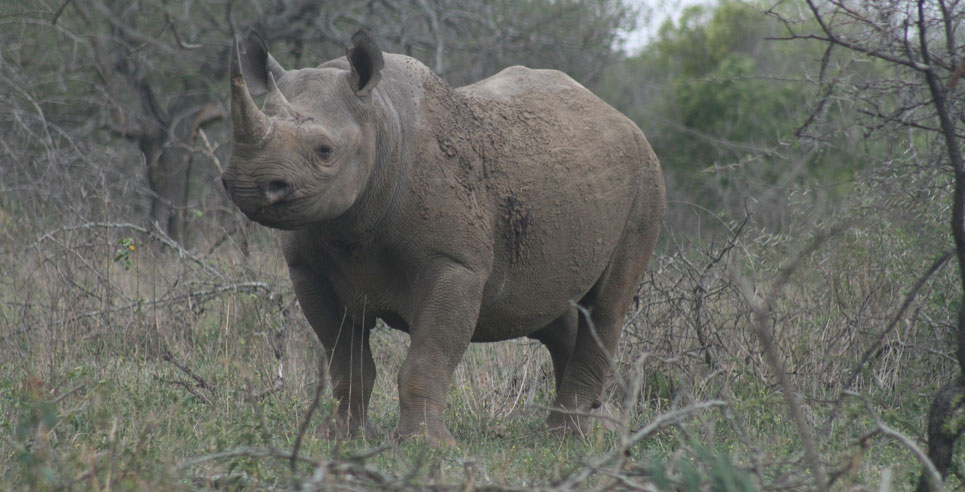
While it is occasionally impossible to avoid using lodges owned by large companies, some of which are also owned by foreign investors, when this does occur, I always choose those doing the most good within their local community. All of my trips include visits to animal sanctuaries or conservation projects, not only to help support these increasingly critical initiatives, but also because the vast majority of guests want to learn more about the important ecosystems they are visiting and greatly enjoy spending time with committed conservationists and the animals they protect. Many of my tours will take you beyond the normal tourist destinations, where it is possible to spend time with scientists and field researchers working at the forefront of wildlife conservation. These tours add another exciting dimension to wildlife viewing and in future I intend to devote more time to this type of specialised trip, as the results have always been impressive and more people are now travelling with the intention of doing something constructive in the regions they are visiting.
Sadly, many countries in both Europe and North America do not set the best possible example, as we espouse the need to conserve the exotic animals that most people would be distraught at the thought of becoming extinct, tigers and rhinos spring easily to mind, but have done very little to conserve the wildlife or unique habitats of our own territories. The hunting mentality in North America is particularly repugnant and it remains inconceivable that in this day and age, it is still possible to pay just a few dollars for government sanctioned licences to shoot grizzly bears, wolves, pumas and even polar bears. Needless to say, I do not use operators involved in hunting and would urge all potential travellers to carefully research the companies they are considering using and to at least boycott those associated with so called sports hunting, which is basically the practice of killing animals that cannot be eaten, purely for fun.
Although I make donations to a wide range of charities and projects during my travels, the first group of organisations listed below are the ones that I support with regular financial donations and am a member of. The second group, many of which I also support with either visits or intermittent donations, are just as significant and you can click on their links to learn more about the important work they all do.
There are of course thousands of other charities and organisations playing a hugely important role across the globe and if you would like further information regarding either the animal or area of conservation that particularly interests you, then please feel free to contact me.
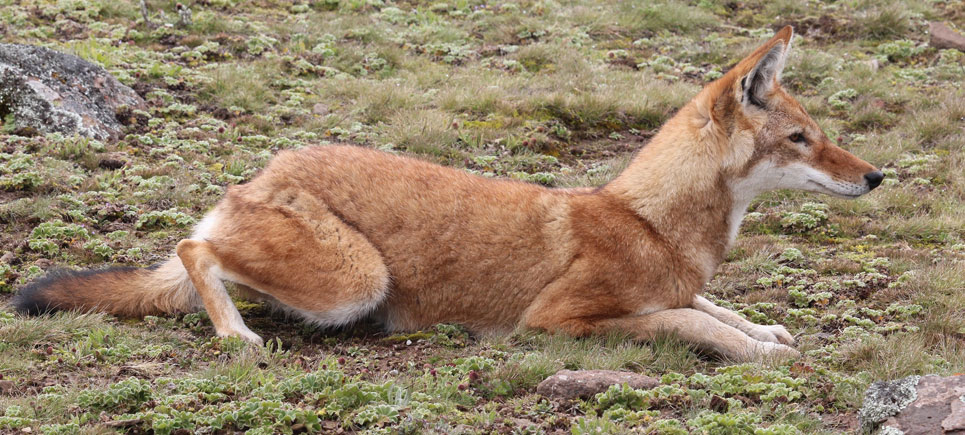
The Aspinall Foundation – www.aspinallfoundation.org/conservation
Bornean Sun Bear Conservation Centre – www.bsbcc.org.my
Born Free Foundation – www.bornfree.org.uk
The David Sheldrick Wildlife Trust – www.sheldrickwildlifetrust.org
Dogs Trust – www.dogstrust.org.uk
Fauna & Flora International – www.fauna-flora.org
Giant Armadillo Project – www.giantarmadillo.org.br
League Against Cruel Sports – www.league.org.uk
Lewa Wildlife Conservancy – www.lewa.org
Orangutan Appeal UK – www.orangutan-appeal.org.uk
World Animal Protection – www.worldanimalprotection.org.uk
World Wildlife Fund – www.worldwildlife.org
African Wildlife Foundation – www.awf.org/
Alihuen (Chiloe Island Reforestation Project) – http://vimeo.com/102685559
Amazon Conservation Association – www.amazonconservation.org/index.html
Andean Bear Conservation Project – www.andeanbear.org
Bears Forever – www.bearsforever.ca
Conservacion Patagonica – www.conservacionpatagonica.org/home.htm
The Conservation Land Trust www.theconservationlandtrust.org/eng/our_mission.htm
The Gorilla Organization – www.gorillas.org
Heart of Borneo – www.heartofborneo.org
The Humane Society of the United States – www.humansociety.org
International Fund for Animal Welfare – www.ifaw.org/united-kingdom
International Gorilla Conservation Programme – www.igcp.org
International Rhino Federation – www.rhinos.org
International Union for Conservation of Nature (IUCN) – www.iucn.org
The Mohamed bin Zayed Species Conservation Fund – www.speciesconservation.org
National Audubon Society – www.audubon.org/
Natural Resources Defense Council – www.nrdc.org/default.asp
The Nature Conservancy – www.nature.org
Ol Pejeta Conservancy – www.olpejetaconservancy.org
Painted Dog Conservation – www.painteddog.org/
Panthera – www.panthera.org
People for the Ethical Treatment of Animals (PETA) – www.peta.org
Snow Leopard Trust – www.snowleopard.org
Tompkins Conservation – www.tompkinsconservation.org/home.htm
Traffic – www.traffic.org/
Wetlands International – www.wetlands.org
Wildcat Haven – www.wildcathaven.co.uk
Wildlife Conservation Society – www.wcs.org
Wildlife Conservation Trust – www.wildlifeconservationtrust.org
Wildlife Protection Society of India – www.wpsi-india.org/wpsi/index.php
Wolf Haven International – www.wolfhaven.org/index.php
A Quick Word About Penny and Davey
Although wilfully independent and totally aloof, Penny was a loving and friendly companion for more than eighteen years of my life until she died in June 2013. While I will always miss her, life without a dog is never complete when you have had one for so long and in February 2014 I visited The Dogs Trust to look for the animal least likely to be rehomed. The answer was Davey, who is basically a bit barmy and terrified by a wide variety of noises. Whenever Davey is scared, he begins chewing frantically on our doors and furniture, but, as the wood in our house slowly disappears, so the bond with Davey grows stronger and he is easily the most loving and trusting animal I have ever encountered. While you do not have to choose a dog with quite as many issues as Davey, I would strongly urge anyone considering getting a dog to use The Dogs Trust or any other rehoming centre in your area, as most do not have Davey’s severe problems and there are thousands of abandoned dogs looking for a loving and stable home. Buying a dog, or indeed any other animal, from a breeder makes very little sense when there are so many unwanted creatures in the world and there is nothing quite like giving a home to an animal that has never known anything other than uncertainty and mistreatment. The rewards are incredible, as both Penny and Davey would testify.
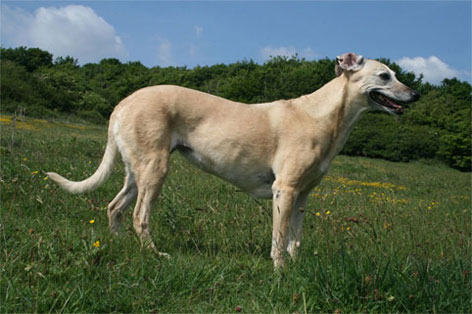
PENNY
